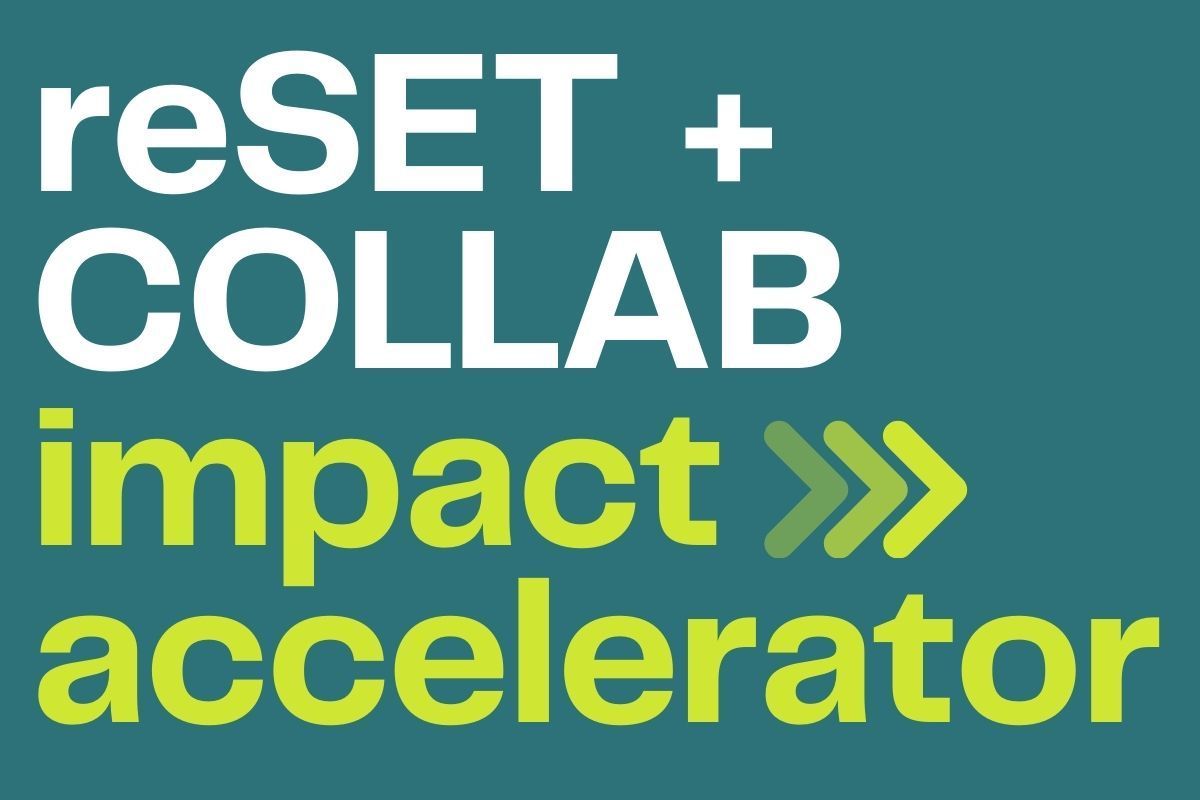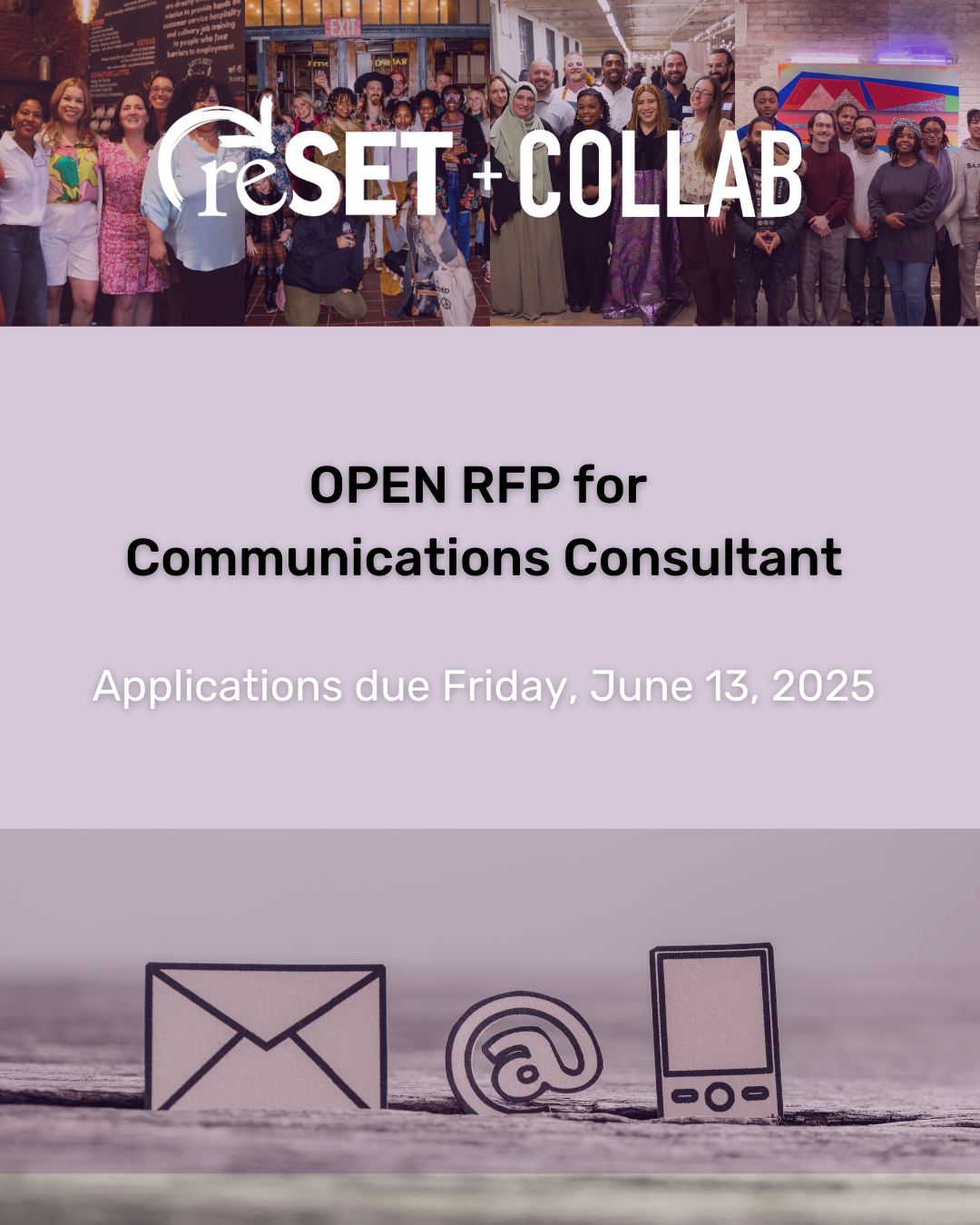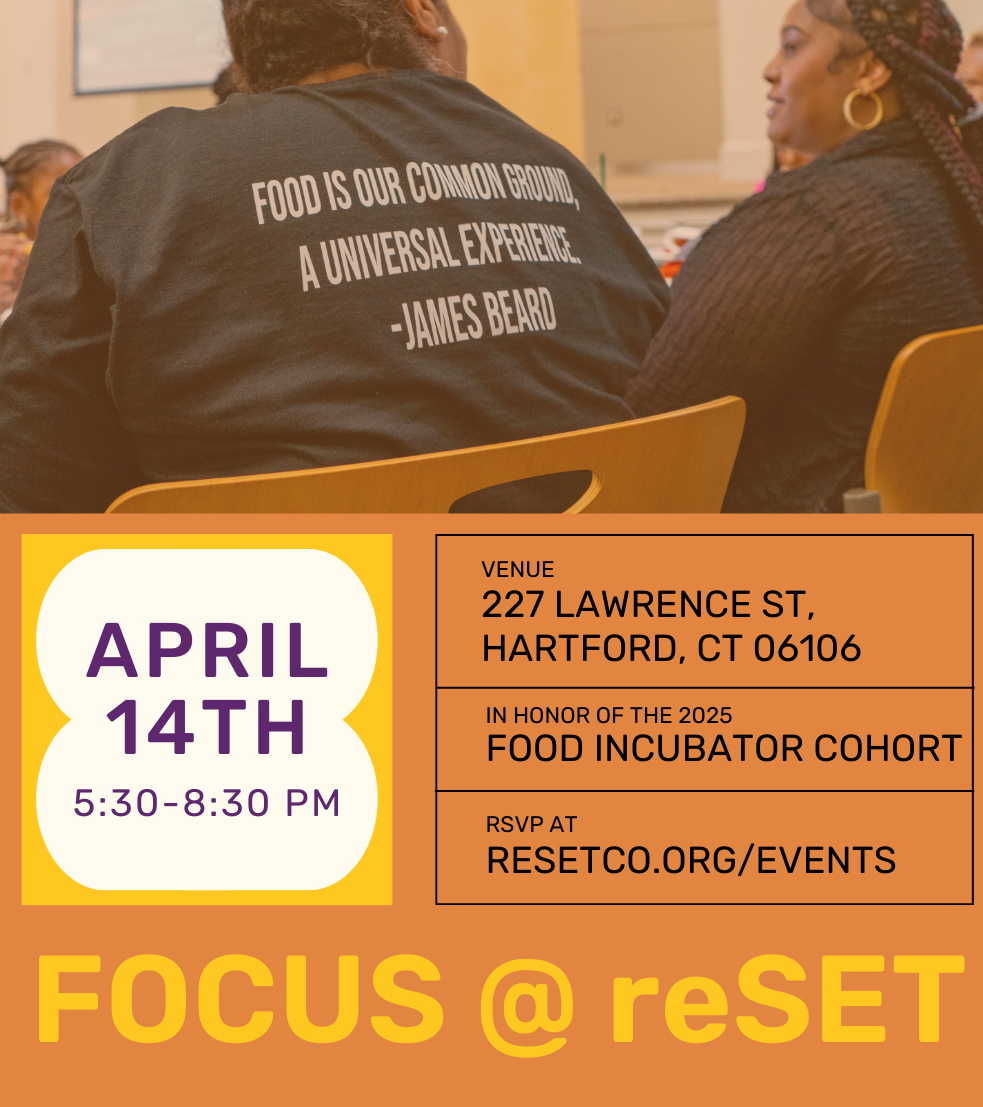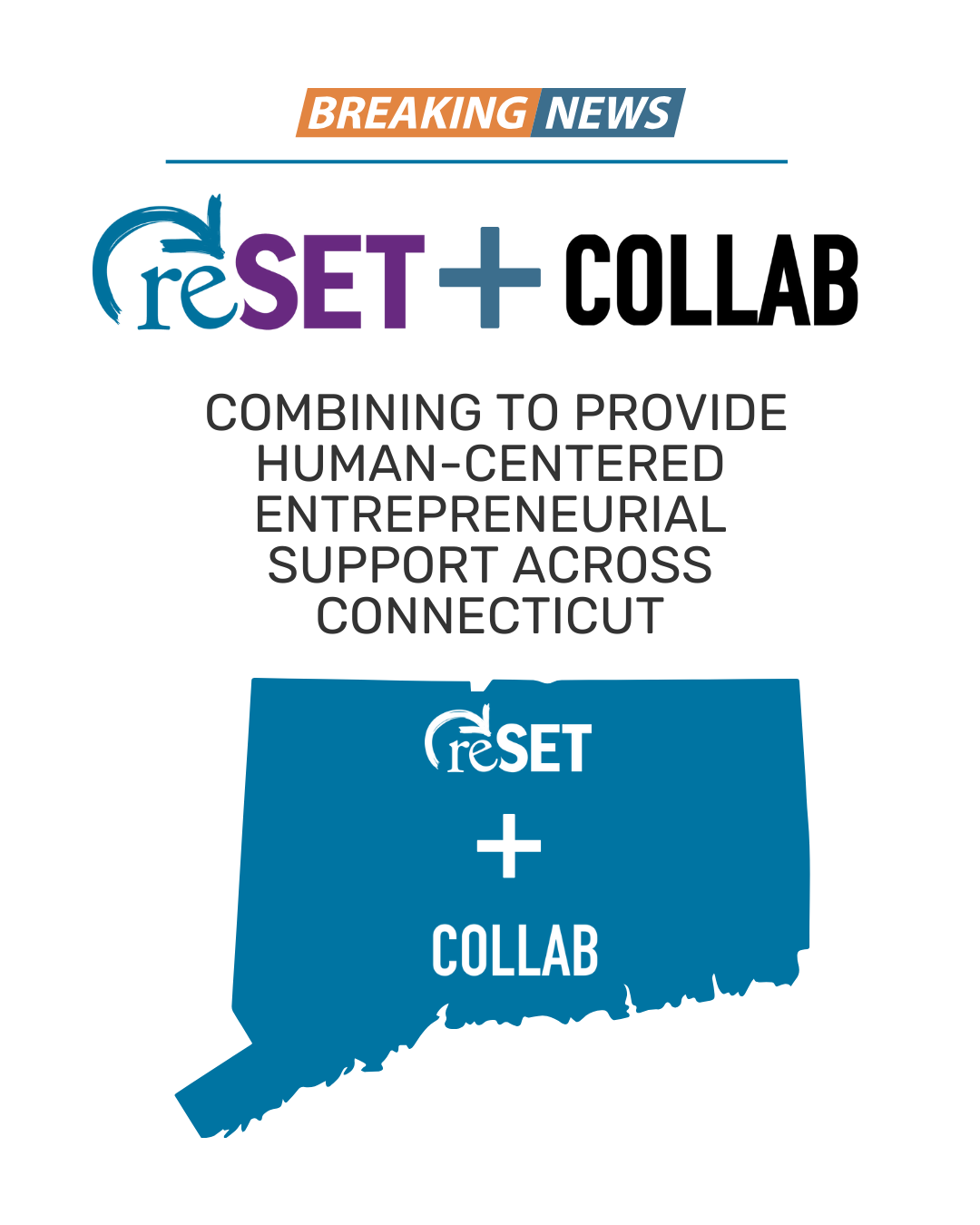Last week, I had the fortunate opportunity to attend the Social Innovation Summit (SIS) in Chicago thanks to our partners at the Travelers Foundation. SIS is an annual event that represents a global convening of “black swans and wayward thinkers.” And I’m still in awe of all the amazing talent, passion, and impact that the Summit managed to amass. With more than 1,000 people in attendance, I had the opportunity to meet, engage, and learn from the top leaders in Social Enterprise. Most importantly though, it felt really good to be surrounded by people who got it – everyone there was motivated to utilize business as a vehicle for change, and everyone understood that impact is often easier to sense than measure.
While there were many important takeaways from the conference, there were a few themes that stood out to me:
- To be social innovators, we need to truly understand the pains and frustrations of those we want to impact. We need to get down to the ground level and try to understand what the greatest challenges and barriers in our communities are. And only then will we be in a position to innovate, while exhausting the resources around us to evoke change. (CNN Commentator Van Jones had a great talk on this point – https://www.youtube.com/watch?v=oYDo_w4Alww&index=17&t=4s&list=PLAeY_wVCZGZE3ZCG9Qh2uG_Xfneg-5rHD)
- Social innovation is the future for a healthy society and economy. We cannot and should not rely on government and philanthropy to solve all of the critical problems that society faces. We all have the potential and capability to make a difference and impact what we believe in – we are already seeing that with the surge in private support for organizations like Planned Parenthood and the ACLU in the face of budget cuts. Many of our largest cities are tying in social innovations to approach civic problems – Amanda Daflos leads the innovation team for the Mayor of Los Angeles, and Dan Ko, the Mayor of Boston’s Chief of Staff, is utilizing social innovation to fill in gaps where the public sector can’t.
- Culture is critical for Social Innovation. Lulu Mickelson from the Rockefeller Foundation lead a roundtable on the importance of culture within an organization to promote positive, creative outlets and retention of talent and ideas. Culture also means being diverse and inclusive, not just in leadership but in the ideas and sourcing of ideas to tackle some of society’s biggest problems.
For a deeper dive into the conference’s takeaways, here’s a helpful write up from a new friend – http://sparktrackconsulting.com/2017/06/social-innovation-a-shift-from-information-to-invitation.








